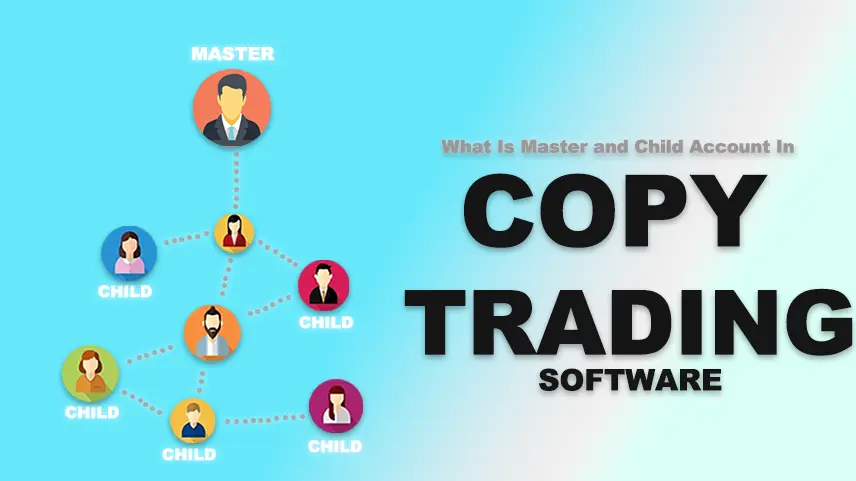
The terms 'Master Account' and 'Child Account' probably rank
among the most usable words in the vocabulary of copy trading. Whether one is a
fresher or looking to fine-tune his investment strategy, a clear vision into
how these accounts work will help in making decisions. In this paper, let's
dive in and look at what Master and Child Accounts are, how they function, and
their benefits.
What is a Master Account?
A Master Account is an account operated by an experienced trader who has
already achieved a good trading history. This account is where the trader
executes his strategies. This account becomes the source with which other
investors use the professional trading expertise without developing their own.
By so doing, the Master Account becomes the source of the trades that other
accounts will replicate.
What is a Child Account?
A child account refers to the accounts held by investors who subscribe to the
trades executed by a master account. These accounts are established for
automatic mirroring of the trades made by the Master Account, proportionately
based on an amount invested. What this means is that in every execution of a
trade that occurs in the Master Account, the execution of the same happens
automatically in the Child Accounts.
How Do Master and Child Accounts Work?
- Selection: Investors with child accounts select a master account based
on the performance and strategies that a master trader applies in the trading.
Such a selection process facilitates investors in comparing their investments
with financial goals and risk tolerance.
- Replication: As soon as a child account becomes
connected to a master account, trades of the latter get automatically
replicated. This process gives the child account profitable results of trading
transactions made by a professional trader.
- Management: The Master Account assumes responsibility
for its own trades, and the Child Accounts derive the benefit of such
management without actually having to make decisions on trade executions. In
this way, automation simplifies the process of trading for those who either
don't have the time or know-how.
Contact Us for Copy Trading Inquiries
Register for call back
Advantages of Master and Child Accounts
- Expertise: When a child account copies trades from a master account, it
benefits from the expertise and trading techniques of the professional traders.
It is advantageous for people who have a minimum amount of time for self-study
of trade and merely have a vague idea about trading.
Simplicity: Through the application of the concept of
master and child accounts, one encounters a simplified process in trading.
Investors would not get involved in the market analysis or making of any
decisions in trading but can simply depend on the course through which
investment is performed by the Master Account.
Diversification: Investors can also follow different
masters. This spreads the spectrum to more trading strategies and ways of
managing risks.
Considerations
While it offers a lot of benefits to investors, it is equally important to
select a master account that's reliable in terms of performance and has
strategies in tandem with your investment goals. Past results do not predict
future performance, and there are risk factors when copying trades.Check Out the Pricing details for Copy Trading
PriceConclusion
The Master and Child Account system in copy trading is a
smooth way of benefiting from professional trading strategies, hence automating
your investment processes. Understanding how such accounts work, together with
their advantages, goes without saying that you will be better equipped to make
informed decisions that may lead to improvement in trading experience. A
simplified look at trading and diversification of strategies are areas wherein
Master and Child Accounts can prove to be a great addition in your investment
armory.
Read related articles
What is copy trading?
Copy trading advantages and disadvantages
Cross broker copy trading
Supported broker in copy trading
